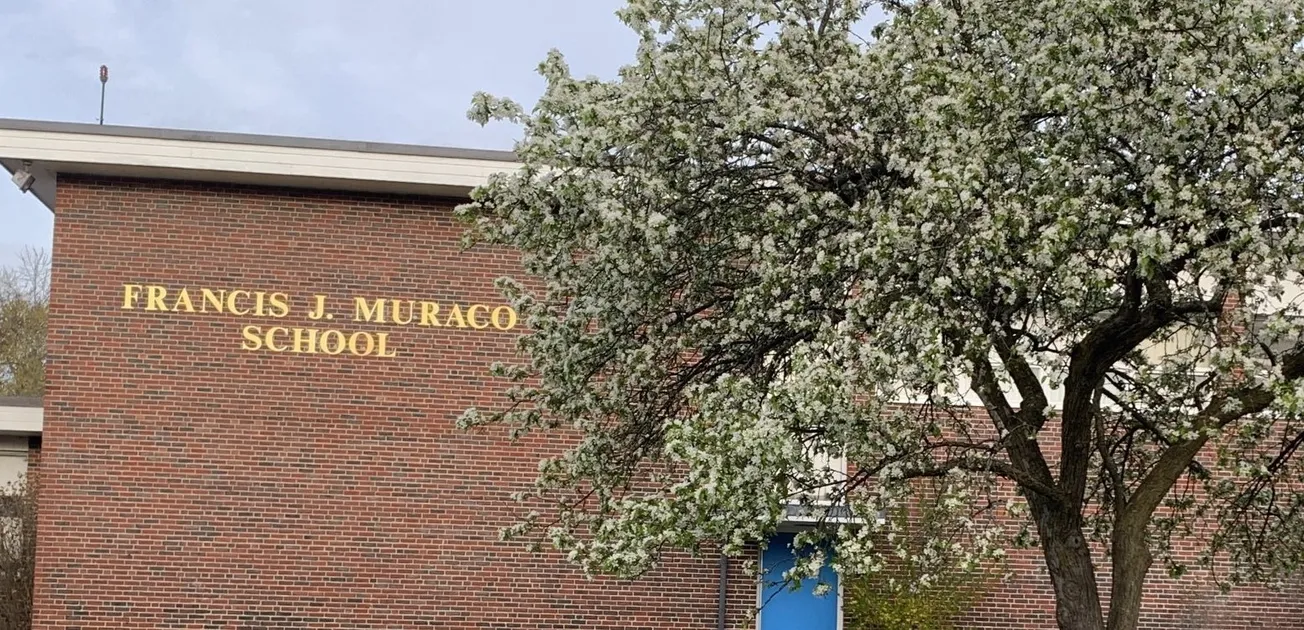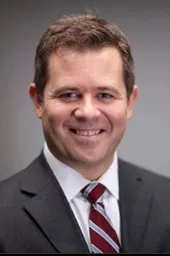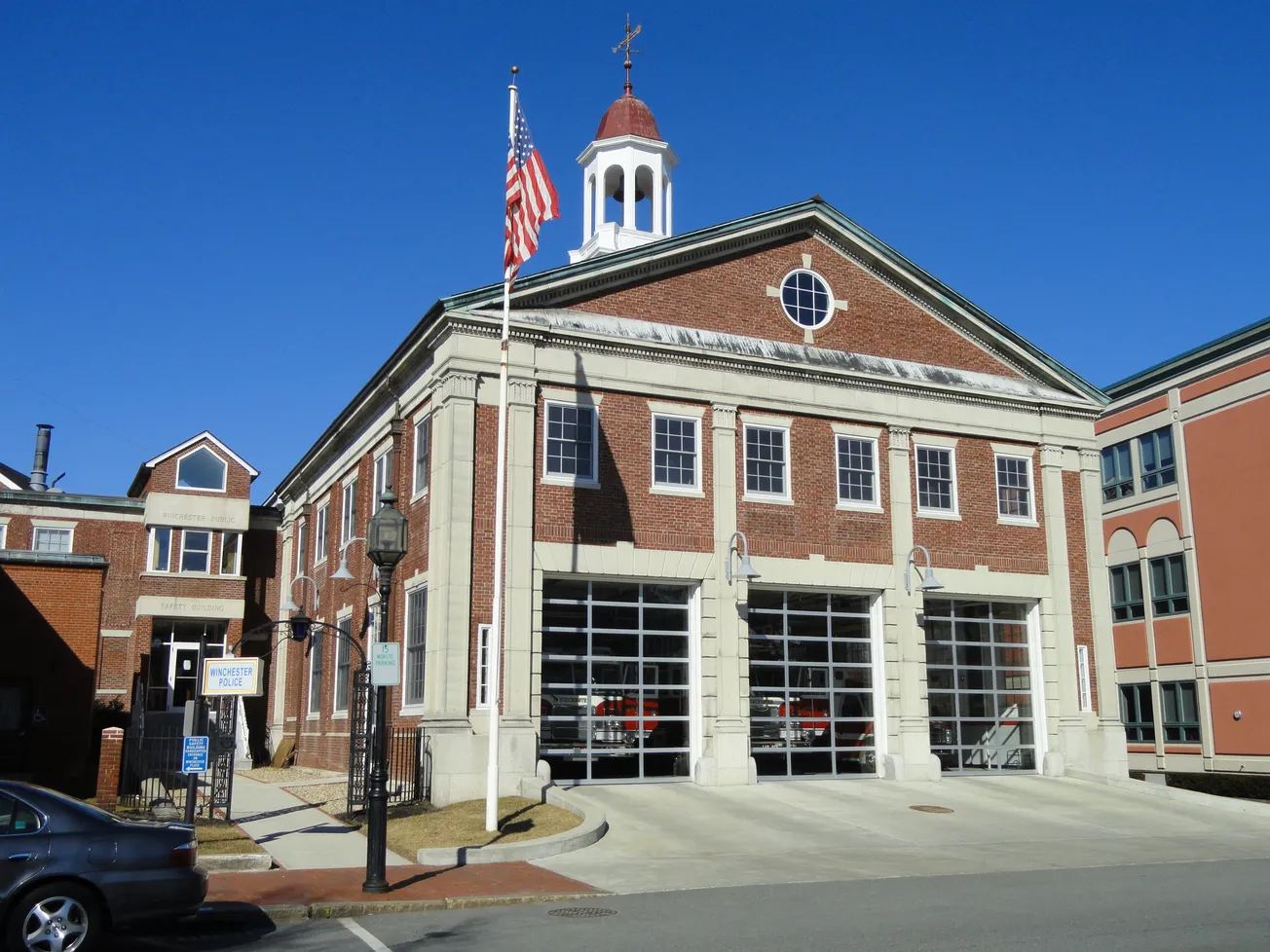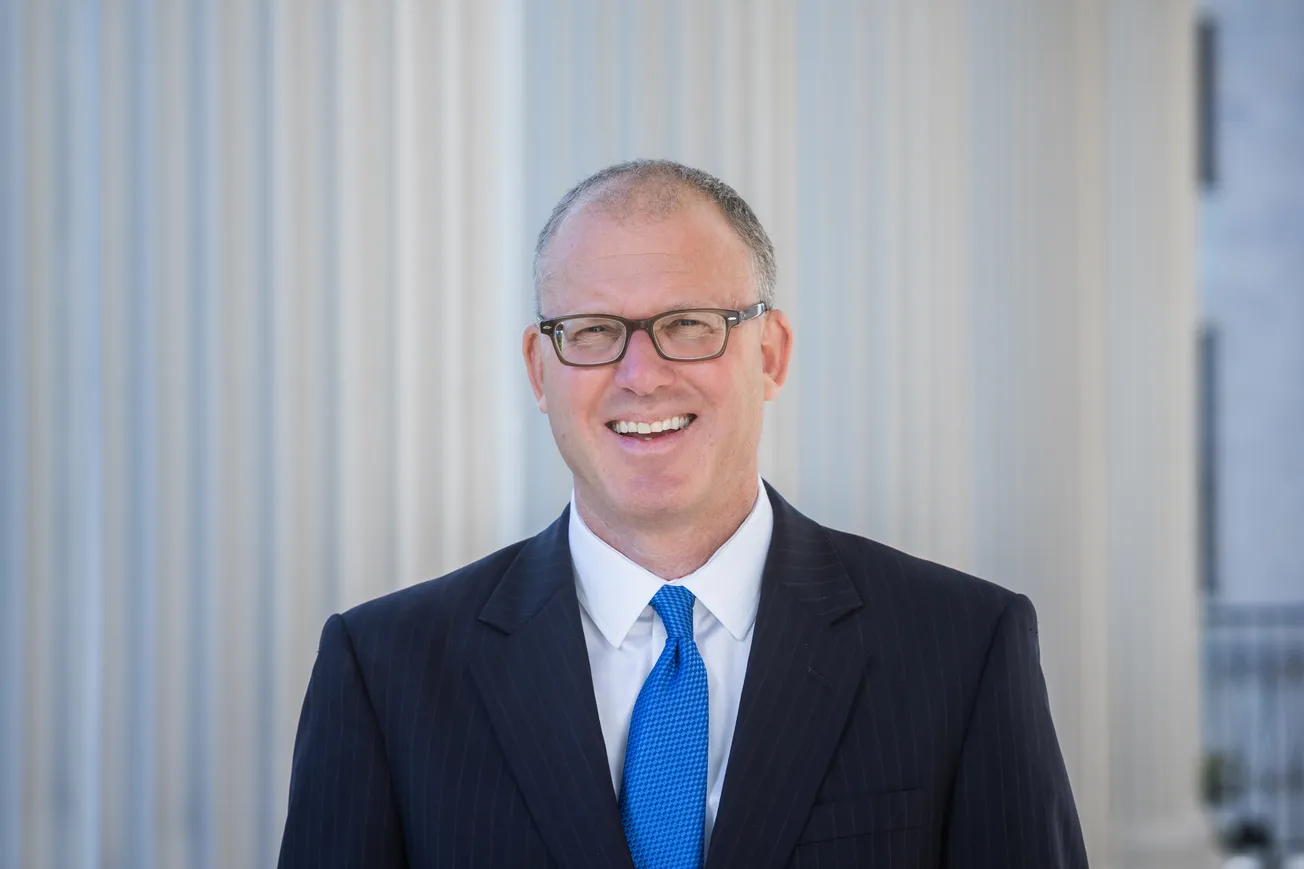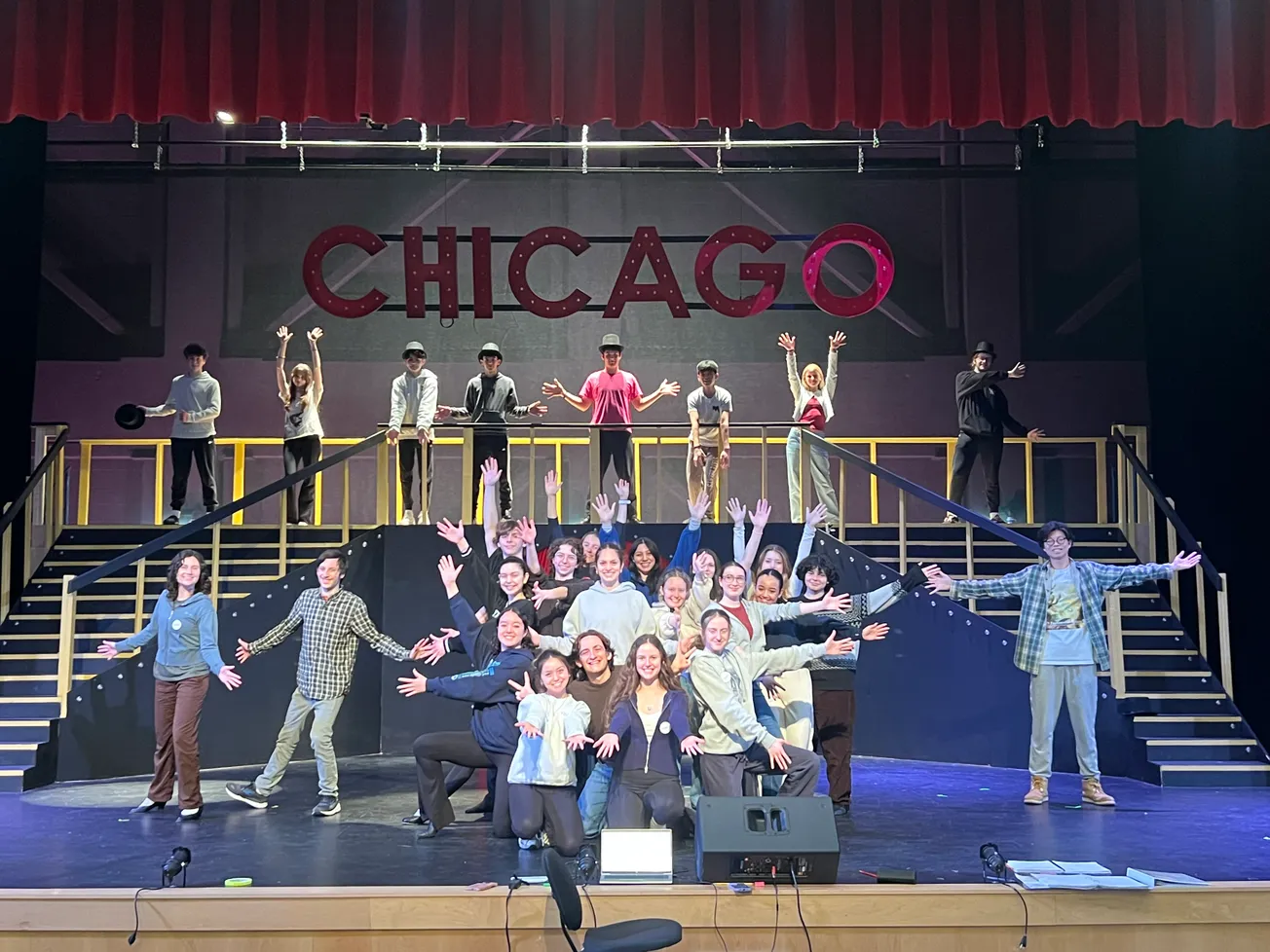Table of Contents
School officials kicked off the New Year with a full agenda, including updates on its budget planning process ahead of Spring Town Meeting, negotiating the new three-year transportation contract, building a new Muraco school and the possibility of transitioning to electric school buses.
The first meeting of January started with a proposed fiscal year 2025 budget of $66.3 million, an increase of 4.93%.
The proposal maintains current staffing levels, but does not yet include any increases for out-of-district tuition costs or the cost of busing Lynch students to Parkhurst, which this year was covered by ARPA funds.
Per the town’s timeline, the School Committee must come up with a firm budget by the end of January in order to allow the committee to fine tune the budget, along with Finance Committee members in the months leading up to Town Meeting, which starts April 29.
Superintendent Dr. Frank Hackett said this can prove tricky as enrollment numbers and special education needs for the upcoming school year often change throughout the spring. There is not a lot of wiggle room in the budget, and if there are cuts that must be made, he said they often come down to staffing changes since the bulk of the education budget goes to personnel.
Andrew Marron, the district’s director of finance and operations, has been evaluating the transportation bid that came in from North Suburban Transportation in December, the only bid the district received in response to its RFP. Marron reported he was able to negotiate a 37% increase down to an 8% increase in the Lynch bus tier.
School Committee members voted to accept the transportation bid, but asked that Marron follow up with questions to North Suburban regarding the increase in rates for vocational and afternoon athletic buses and report back to the committee about whether they can be reduced.
Muraco School project a go in 2025
Following on discussions that came out of the School Committee’s facilities workshop meeting in December, the committee signaled its intent to submit a statement of interest (SOI) for a new Muraco School to the Massachusetts School Building Authority (MSBA) in spring 2025 during the next round of project funding.
Hackett stated he wanted to put it on the agenda so the public and town staff know “that we are committed to starting that process in full next year.”
Submitting an SOI involves many steps and requires School Committee approval as well as Select Board approval.
Hackett wants to ensure the town is taking all necessary steps on time to be ready to submit the SOI next year.
If the SOI is successful, the town would then be invited to enter into the eligibility phase, which allows 270 days to complete a set list of tasks. If the eligibility phase is successful, an invitation to feasibility would follow; for this, the district must provide several different construction scenarios for consideration, vetted by the Educational Facilities Planning & Building Committee (EFPBC). These would include options for a brand-new building, renovation or addition to the existing Muraco, and possible other sites for the building. For instance, during the feasibility period for Lynch, there were eight different scenarios considered.
School Committee member Chris Nixon noted that if the SOI for Muraco were accepted in the first round, the town could expect an override vote as early as 2029. He also noted the town is borrowing approximately $74 million today to build a new Lynch, and even with Muraco being a smaller project, Winchester would probably still expect to borrow that much in 2029, based on rising construction costs.
Hackett noted the template for submitting an SOI stays fairly consistent, which would allow the town to start working on it now. Some items that could be done sooner rather than later include evaluating the current condition of the school, identifying program priorities and incorporating data from the district’s upcoming enrollment study.
At the end of the discussion, the School Committee unanimously voted to go ahead with the plan of intent to submit an SOI to the MSBA in spring 2025. It will follow up by sending a memo to the town manager and the chair of EFPBC letting them know of this intent.
Also of interest, Hackett noted the Lynch project is currently on Module 7 (“Construction Administration”) of its construction schedule, and Nixon confirmed demolition of the old building is expected to start in February, although “there is still a lot of abatement work to do.”
Electric school buses?
During the public comment portion of the meeting, ninth-grader Catherine Plosky supported Winchester transitioning to electric school buses to help make the town’s air cleaner and lessen its contribution to the climate crisis.
She noted Arlington has already added electric buses to its fleet, a company called Highland Electric can work with districts to supply electric buses at a reasonable price, and there are state and federal grants available with a deadline of Jan. 31.
The committee later expressed optimism about the eventual switch, but concluded that, financially, the town is not yet in a position to transition to electric buses. According to the bid from Northeast Suburban, the cost of electric school buses would be $777 per bus per day, compared to $175.65 for conventional buses.
However, there is noted interest from the public and the town has begun exploring its options, including through Highland Electric. It has also brought the town’s sustainability director, Ken Pruitt, into the discussions.
School Committee member Shamus Brady said this is the first year that Winchester asked for a bid for electric buses, and going forward, that will be the practice. Other towns will do this as well, and eventually costs will come down. So, while the town is not there yet, he’s hopeful Winchester will get there eventually.

